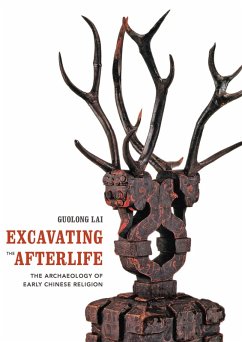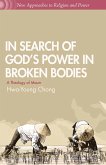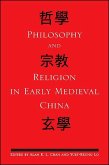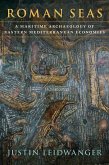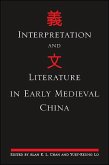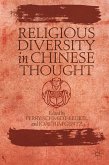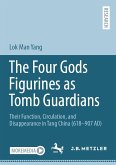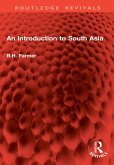In Excavating the Afterlife, Guolong Lai explores the dialectical relationship between sociopolitical change and mortuary religion from an archaeological perspective. By examining burial structure, grave goods, and religious documents unearthed from groups of well-preserved tombs in southern China, Lai shows that new attitudes toward the dead, resulting from the trauma of violent political struggle and warfare, permanently altered the early Chinese conceptions of this world and the afterlife. The book grounds the important changes in religious beliefs and ritual practices firmly in the sociopolitical transition from the Warring States (ca. 453221 BCE) to the early empires (3rd century1st century BCE).
A methodologically sophisticated synthesis of archaeological, art historical, and textual sources, Excavating the Afterlife will be of interest to art historians, archaeologists, and textual scholars of China, as well as to students of comparative religions.
Art History Publication Initiative. For more information, visit http://arthistorypi.org/books/excavating-the-afterlife
Honorable Mention for the 2016 Society for American Archaeology Book Award in the Scholarly Category
Hinweis: Dieser Artikel kann nur an eine deutsche Lieferadresse ausgeliefert werden.
A methodologically sophisticated synthesis of archaeological, art historical, and textual sources, Excavating the Afterlife will be of interest to art historians, archaeologists, and textual scholars of China, as well as to students of comparative religions.
Art History Publication Initiative. For more information, visit http://arthistorypi.org/books/excavating-the-afterlife
Honorable Mention for the 2016 Society for American Archaeology Book Award in the Scholarly Category
Dieser Download kann aus rechtlichen Gründen nur mit Rechnungsadresse in A, D ausgeliefert werden.
Hinweis: Dieser Artikel kann nur an eine deutsche Lieferadresse ausgeliefert werden.

